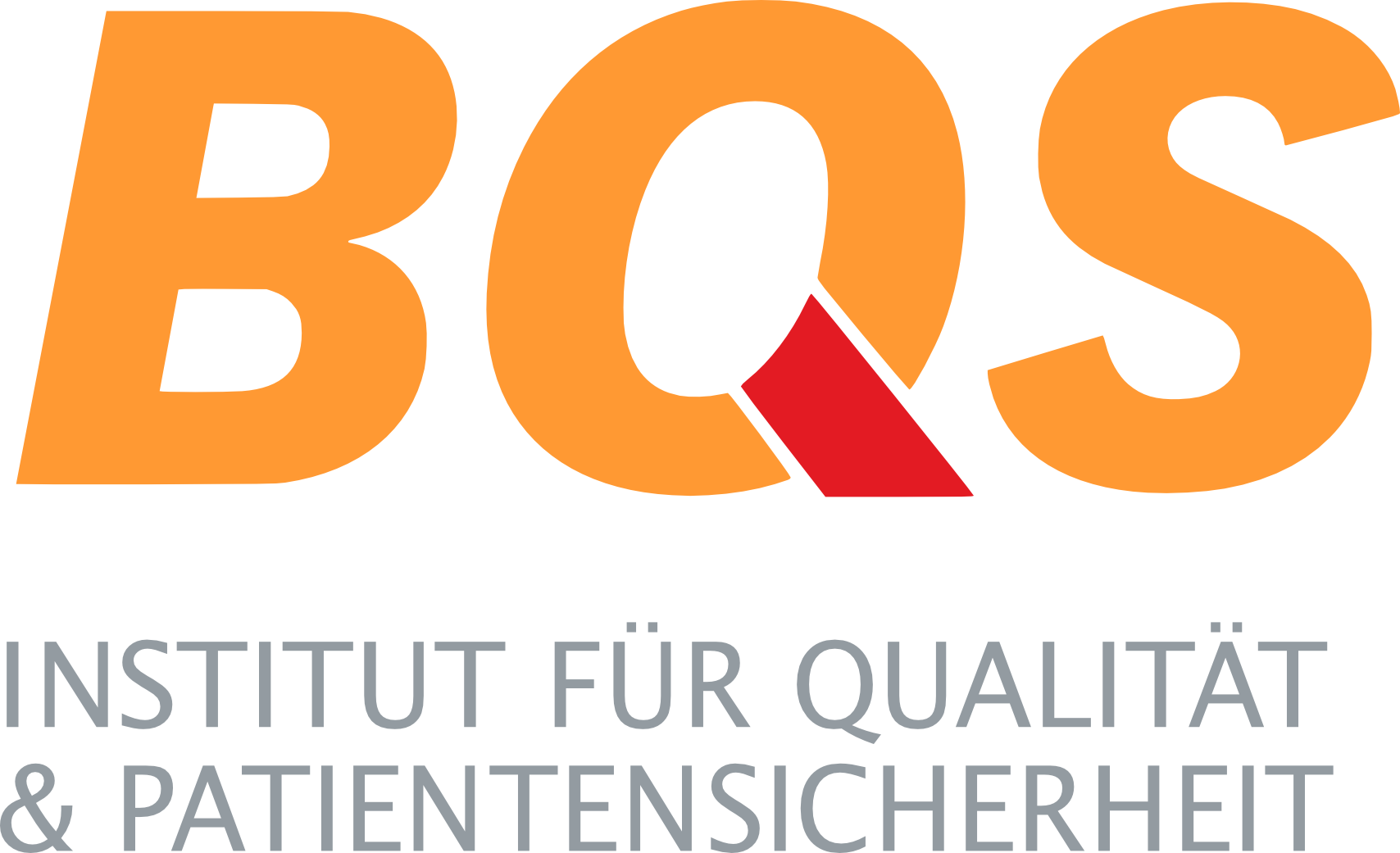Our contribution to improving patient safety in hospitals
17.09.2019
Together with the Institute for Patient Experience at the University Medical Center Essen, the BQS Institute conducted patient interviews in the fall of 2019 with the aim of surveying the patient experience with regard to the current inpatient stay and in particular with regard to safety-relevant aspects of care.
The Institute for Patient Experience has made it its goal to record the requirements and needs of people coming to a hospital in a dialog and sees its task in accelerating the cultural change towards more patient orientation in hospitals. This makes the Institute for PatientExperience a valuable partner for the BQS Institute, because our task is to support hospitals in using scientifically based surveys to help patients feel safe and in good hands in the hospital and thus improve the patient experience.
Patients' perceptions and impressions are much more accurate than is generally assumed, so feedback from patients about their own experience in the hospital is not only an opportunity for improvement, but also often a motivational boost for everyone involved in the process.
The task of the BQS Institute is to provide the hospital with a reliable first-hand assessment using survey instruments. These are scientifically developed and validated survey instruments that are characterized, among other things, by the patient-centered approach, the use of both event and assessment questions, and an above-average response rate.
In order to achieve results that are as transferable as possible, i.e., exemplary and generalizable, people who had recently had a hospital stay and met the predefined criteria were contacted and asked to participate in the interview in order to tell us about their impressions and perceptions that lead to satisfaction or uncertainty on their part.
The Institute for Patient Experience played a crucial role in this process and designed the guideline for the interview with the patients*. This guideline served to increase comparability as well as a support to consider all essential aspects. The guideline contains open questions and is based on the research question - the patient experience during the inpatient stay with a focus on safety-relevant aspects and processes. In advance, the guide was tested with regard to its comprehensibility and, where necessary, supplemented.
The most important results are presented below in graphic form:



